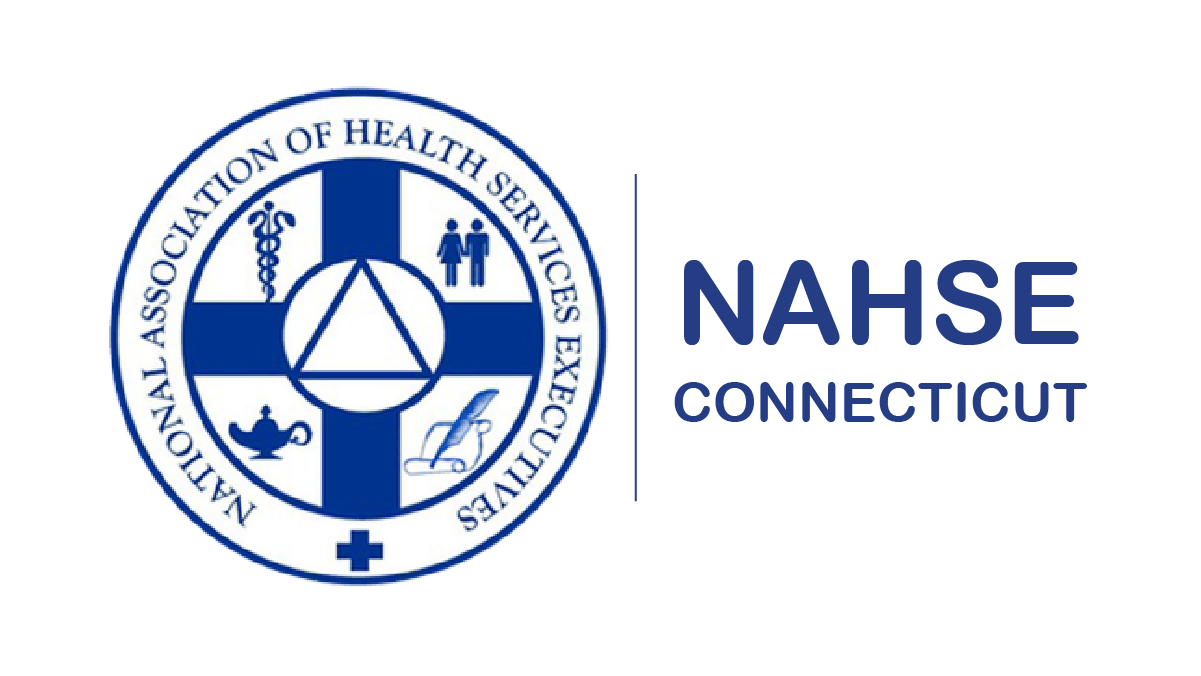July 2020: Structural Racism and its impact on Health Equity
Dawn Hawkins Johnson is an independent consultant. She has over 25 years of experience in healthcare operations, advisory services, program development and leadership in the public and private sectors. Dawn currently serves on the Board of multiple organizations and serves on various committees to support the advancement of equity in health service delivery including CTAHE Diversity and Inclusion Committee, NAHSE CT Board of Directors and serves as a Peer Reviewer for Patient-Centered Outcomes Research Institute (PCORI).
cohort participant or hypothesis generator?
Pre-pandemic, I participated in a thematic work-group addressing the impact of low-value care among African American and Latinx populations, part of Academy Health’s Research Community on Low-Value Care. The experience prompted me to write a blog post and share some of my insights. My post remarked on the need to be in the rooms where research agendas are discussed. It identified how important diverse lenses are to the frameworks and methods which shape equity and disparity research. We are well versed in the costs of racial disparities and have data that identify gaps in care, quality and how they impact value-based care. As a country we identified the need for minority focused research in the early 1990’s (7). IOM’s 2001 report recognized equitable care as one of the six core aims of high value health care and since 2003, our government has been mandated to produce a National Healthcare Disparities Report (4).
It’s been five months since my work-group meeting and approximately four months since cases of COVID-19 were reported stateside. COVID reporting has provided more comprehensive state, national and global-based datasets that should help identify the ravaging impact of the pandemic on certain geographies and communities. The ability to analyze this data will highlight the disparities and inequities that have abounded in the US healthcare system.
“African Americans remain the least healthy ethnic group in the USA, a somber legacy of years of racial and social injustice and a formidable challenge to equitable health care for all. Systemic causes of suboptimal black health require equally systemic solutions; positive trends in black health indicators seem to be driven by social development programs, economic investment in education, participation of African Americans in policy, and decision-making and expansion of access to health care (3).
Rooted in the commitment of my prior post, I’ve found different ways to lean in and share my healthcare perspective. I’ve been asked to participate in research calls, volunteer to be a research peer reviewer, and lend my time and opinion to other boards, committees and work-groups. However, I remain cautiously optimistic as I witness heads come out of holes and promise change, but my true desire is to make sure they stay anchored to the essentiality of addressing the long-standing inequities and social determinants of health. While the pandemic continues to impact everything in our day to day lives, it also presents an opportunity for intentional, informed engagement with the clinical research community.
Data informs research which informs policy, rules, regulations and evidenced-based practice across the care continuum. The need to support data collection and analysis exists and is threatened in ways that may not be apparent to some (1). As the data shows the disproportionate impact of COVID on populations of color, the impact of COVID-19 also emphasizes the need for more diverse study cohorts and researchers to find methods of treatment and prevention. Although there is a documented history of fear, distrust and validated harm (2), there is a need to be an educated participant as it creates a more diverse panel to test, analyze and interpret results for those disproportionately impacted. The perspective of a black woman raised and educated in Baltimore, trained as a registered nurse, with NIH, VA and CMS experience in addition to Xerox, Medplus and both non-profit and for-profit consulting houses is the lens I bring to the table. My re-exposure to research compels me to seek a terminal degree. As we maneuver through our futures and attempt once again to defeat the long-standing biases prevalent in healthcare, let’s include clinical research as an option. My professional journey has been complete with orchestrated and guided roles; but no one steered me toward research. COVID has not only illuminated disparities and inequity, but has identified the imperative of diverse cohorts, clinicians, researchers, policy-makers and funders. Research has played in the background of my career. It has been the foundation for the clinical, policy, regulatory and consultative decisions and advice I’ve offered over the last twenty-five years. I am embracing research as another form of advocacy and activism to underwrite the revelation of racism’s institutional status in healthcare, economics, education, housing and society.
The next time you are bedside, in the boardroom, in the field, or right at home on zoom during a pandemic, consider the source of your organization’s evidence-based assessments, algorithms, predictive models, care plans, medications, and protocols. Was an equity lens applied during phases of clinical trials or problem definition? Did the procedures, observations, analyses and interpretations include a diverse population? We need to seize the opportunity to lean in and contribute, volunteer and self-nominate and invite others to join committees and work-groups, paid and unpaid. Remember, we are also all diverse, our individual and family history makes us a perfect participant in improving the care experience.
References
Porter CP, Barbee E. Race and racism in nursing research: past, present, and future. Annu Rev Nurs Res. 2004; 22:9-37.
Richmond J, Powell W, Maurer M, et al. Public Mistrust of the U.S. Health Care System's Profit Motives: Mixed-Methods Results from a Randomized Controlled Trial. J Gen Intern Med. 2017;32(12):1396-1402. doi:10.1007/s11606-017-4172-1.
Noonan AS, Velasco-Mondragon HE, Wagner FA. Improving the health of African Americans in the USA: an overdue opportunity for social justice. Public Health Rev. 2016; 37:12. Published 2016 Oct 3. doi:10.1186/s40985-016-0025-4
https://www.nbna.org/files/ADMIN/COVID-19%20Data%20Reporting_Final.pdf
https://hbr.org/2015/10/the-costs-of-racial-disparities-in-health-care
https://data.humdata.org/dataset/novel-coronavirus-2019-ncov-cases
https://sbir.cancer.gov/sites/default/files/HEEHD%20Program%20Schedule.pdf

